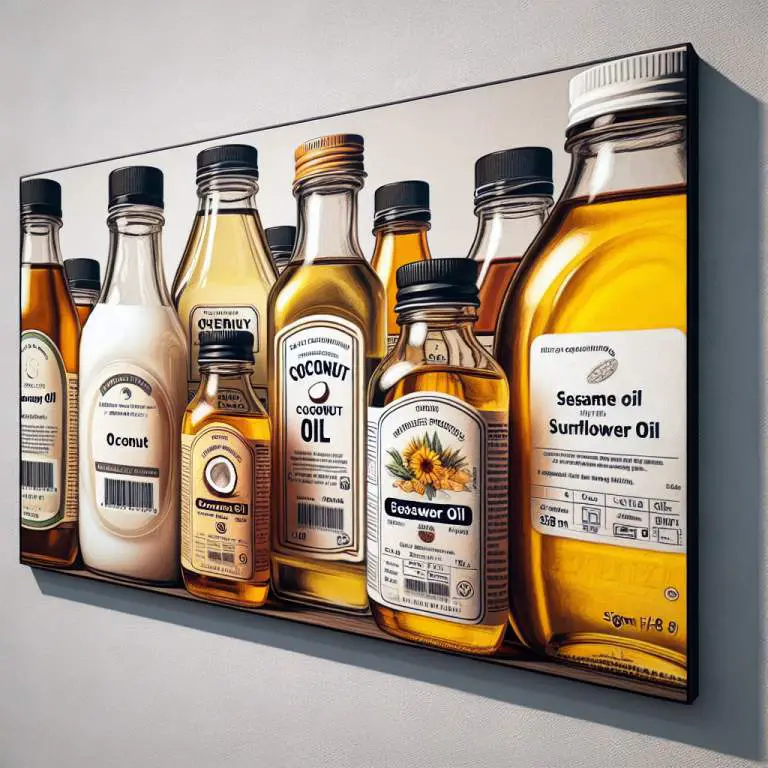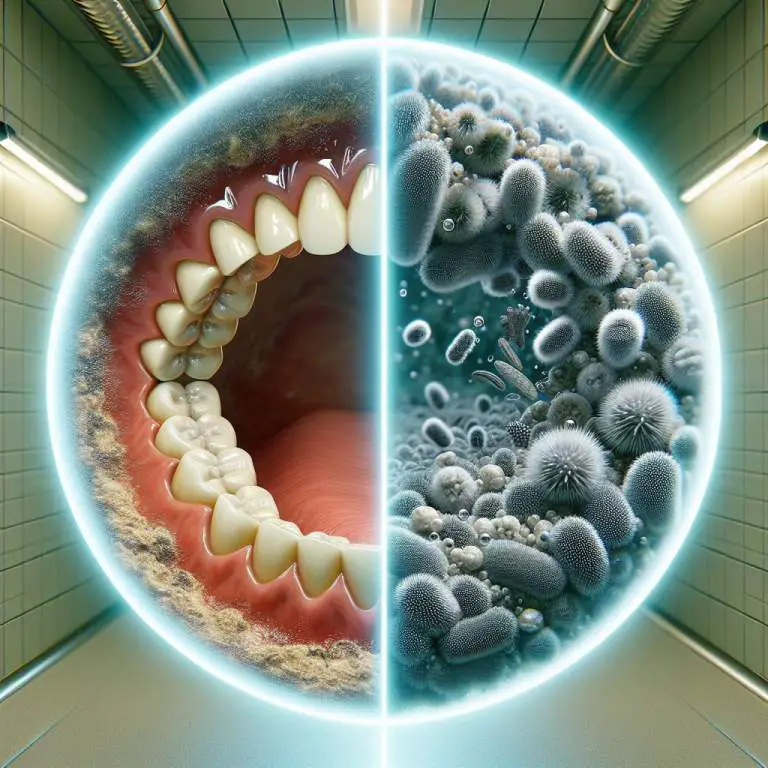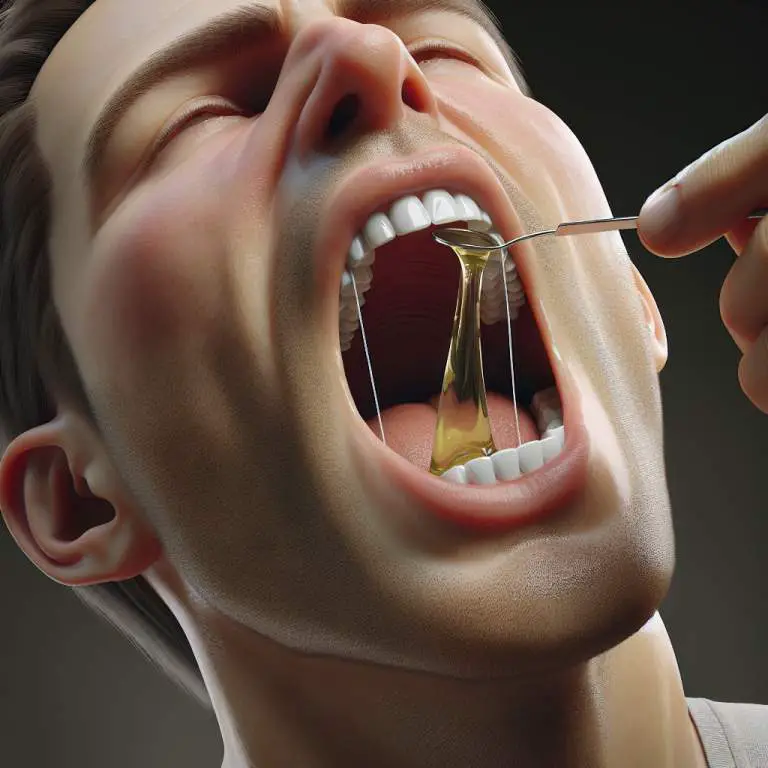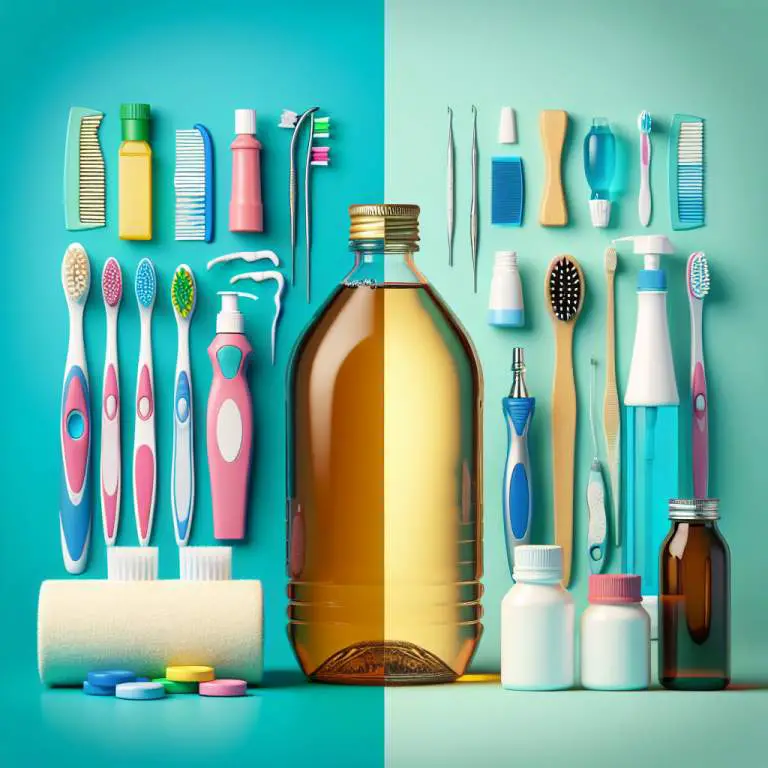What are the risks and safety considerations of oil pulling?
When you think about trying oil pulling, it’s smart to know the risks and safety tips. One risk is that you might accidentally breathe in the oil, which can be dangerous. Also, using the wrong type of oil could cause an allergic reaction. To stay safe, always spit the oil out carefully and choose an oil that’s safe for you. Remember, oil pulling should not replace regular dental care.
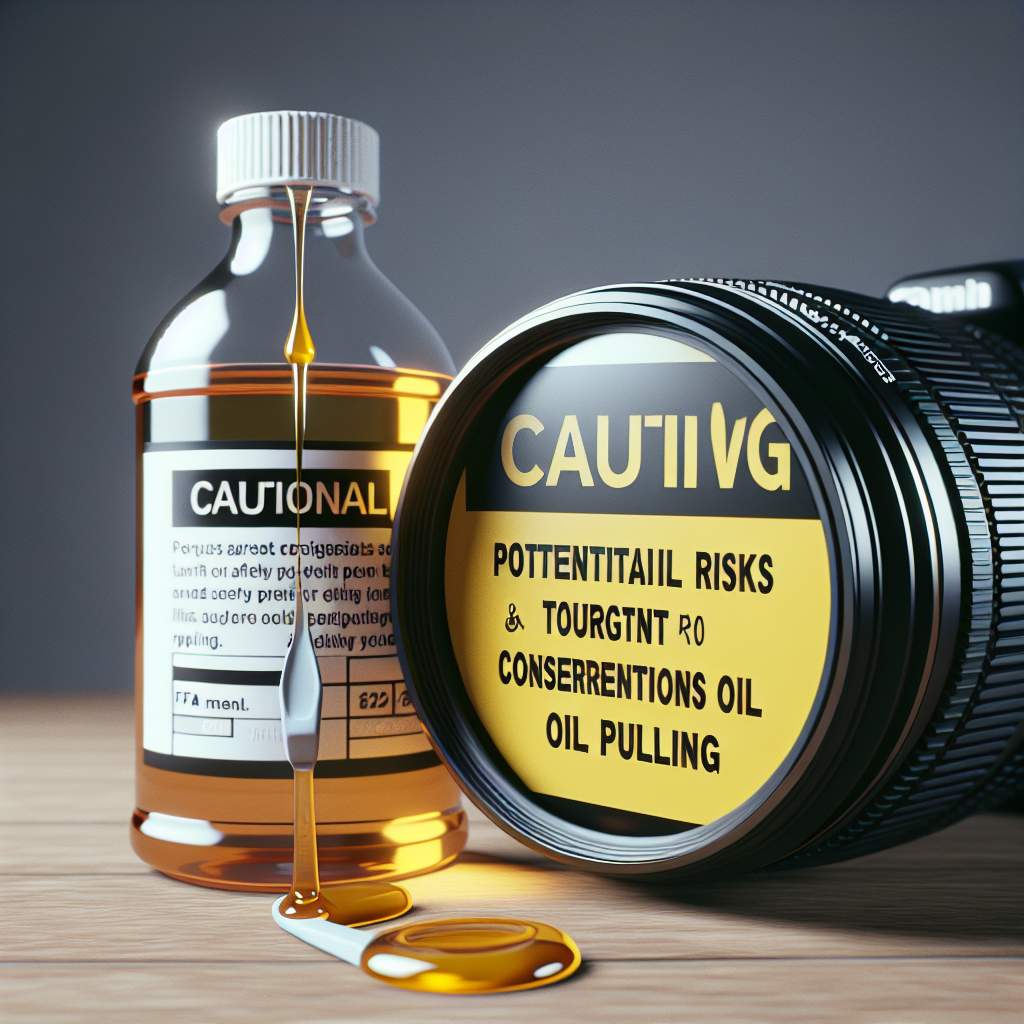
How safe is oil pulling for your teeth and gums?
Oil pulling is considered a safe practice for most people when it comes to taking care of your teeth and gums. It’s a natural way to clean your mouth, remove bacteria, and promote oral hygiene. Many people find that it helps to whiten their teeth and improve the health of their gums.
However, it’s important to do it correctly. Using the right type of oil and swishing it around your mouth for about 15 to 20 minutes is the recommended method. After swishing, you should spit the oil out and not swallow it. This helps to ensure that the bacteria and toxins pulled from your gums and teeth are disposed of properly.
Can oil pulling cause any harm to your oral health?
While oil pulling is generally safe, there are a few things to keep in mind to avoid harming your oral health. First, it’s important not to swallow the oil, as it contains bacteria and toxins that have been pulled from your mouth. Swallowing the oil can lead to stomach discomfort or other issues.
Additionally, some people might experience sensitivity or an allergic reaction to certain oils. If you notice any discomfort, swelling, or other negative reactions in your mouth or gums after oil pulling, it’s best to stop and consult with a dentist or doctor. It’s also crucial not to replace traditional dental care, like brushing and flossing, with oil pulling. It should be an addition to your routine, not a replacement.
What types of oil are best for oil pulling and why?
The most commonly recommended oils for oil pulling are coconut oil, sesame oil, and sunflower oil. Coconut oil is a popular choice because it has a pleasant taste and is known for its antimicrobial properties, which can help reduce harmful bacteria in the mouth. It’s also high in lauric acid, which is known for its ability to kill bacteria, viruses, and fungi.
Sesame oil is another good option because it has been traditionally used for oil pulling and is rich in antioxidants, which can help reduce inflammation in the gums. Sunflower oil is also used, but it’s less common. Regardless of the type of oil you choose, make sure it’s high quality and unrefined to get the most benefits.
Are there any people who should avoid oil pulling?
While oil pulling is safe for most people, there are some who should avoid it. Children under the age of 5 should not practice oil pulling because they might accidentally swallow the oil, which can be harmful. People with certain medical conditions, such as those with a history of oral surgery or mouth ulcers, should consult with a healthcare provider before starting oil pulling.
Additionally, if you have any allergies to the oils used for pulling, you should avoid the practice or find an alternative oil that doesn’t cause an allergic reaction. Always listen to your body and stop oil pulling if you experience any adverse effects or discomfort.
| Risks and Safety Considerations | Details |
|---|---|
| Choking Hazard | Oil pulling involves swishing oil in your mouth. If you’re not careful, you might accidentally inhale it, which can lead to choking. |
| Lipoid Pneumonia | Inhaling small amounts of oil over time can cause a rare type of pneumonia. |
| Upset Stomach | Swallowing the oil instead of spitting it out can upset your stomach. |
| Tooth Sensitivity | Some people report their teeth become more sensitive after oil pulling. |
| Diarrhea | Accidentally swallowing the oil can lead to diarrhea. |
| Interference with Dental Work | Oil pulling might loosen fillings, crowns, or other dental work. |
| Allergic Reactions | If you’re allergic to the type of oil used, you could have an allergic reaction. |
How does oil pulling affect fillings and dental work?
When you swish oil around in your mouth, it’s like giving your mouth a deep clean. But if you have fillings or other dental work, you might wonder if it’s safe. The good news is, for most people, oil pulling won’t harm your dental work. It’s gentle and doesn’t pull at fillings or crowns.
However, if your dental work is not secure or if you have loose fillings, the suction from swishing might cause a problem. It’s rare, but it’s always a good idea to check with your dentist first. They know your mouth best and can give you advice on whether oil pulling is a good choice for you.
Can you do oil pulling if you have braces or dental implants?
If you have braces, you might think oil pulling is off-limits. But that’s not necessarily true. Oil pulling can be done with braces, but you need to be extra careful. The oil can get stuck in your braces, so it’s important to rinse your mouth well after. And always use a soft, gentle swishing motion to avoid damaging your braces.
Dental implants are a bit different. Since they’re designed to be a permanent part of your mouth, oil pulling shouldn’t affect them. In fact, keeping your mouth clean with oil pulling might even help keep the area around your implants healthy. Just like with braces, though, it’s a good idea to talk to your dentist before starting oil pulling, especially if you have any concerns.
What are the signs that oil pulling might not be right for you?
Oil pulling is safe for most people, but there are a few signs that it might not be right for you. If you start oil pulling and notice your mouth or gums becoming sore or irritated, it might be a sign to stop. Some people might also be allergic to the type of oil they’re using, which can cause discomfort or even swelling.
Another sign is if you find it hard to swish the oil around for 15 to 20 minutes. If it’s causing you jaw pain or discomfort, it might not be the best choice for your oral health routine. Remember, the goal is to improve your health, not cause more problems. If you’re unsure, it’s always best to consult with a healthcare professional.
Final Thoughts
Oil pulling can be a great addition to your oral health routine, but it’s not for everyone. If you have dental work, braces, or implants, you can still try oil pulling, but proceed with caution. Always listen to your body and talk to your dentist if you have any concerns.
Remember, oil pulling is not a cure-all. It’s most effective when used as part of a broader oral health strategy that includes brushing, flossing, and regular dental check-ups. By taking care of your mouth, you’re taking a big step towards keeping your whole body healthy.


